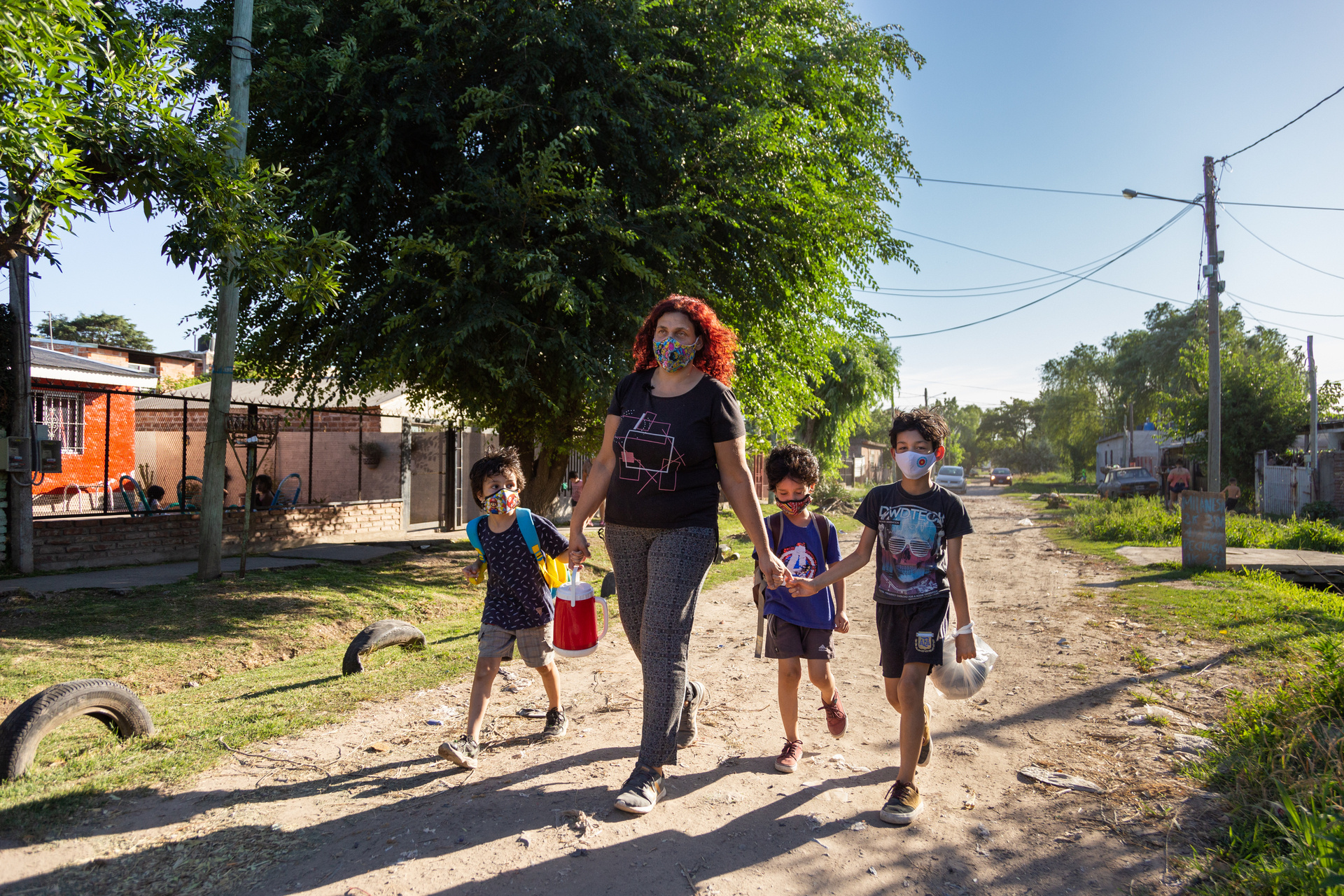United for Global Mental Health
4th Global Mental Health Advocacy Forum: Key Learnings and Take-Home Messages for Mental Health Advocates from the Forum’s Plenary Sessions
Report
05 Feb 2026

On the eve of the United Nations high-level meeting on universal health coverage (UHC), the World Bank and the World Health Organization (WHO) have published a sobering report which shows that the world is alarmingly off track to reaching the Sustainable Development Goal (SDG) target on achieving universal health coverage. The global UHC monitoring report highlights that 4.5 billion people – over half the world’s population – are not covered by essential health services and over 2 billion people suffer severe financial hardship when accessing health care.
Reforming health financing systems will play a vital role in improving these statistics and there is now a consensus among countries and global health agencies that public financing mechanisms are the best way to ensure that everyone can access and afford the health services they need. Only pooled and progressive public financing can ensure that healthy wealthy people adequately subsidize the poor and sick, who tend to be excluded in health systems reliant on voluntary private financing.
But in a world recovering from the COVID-19 pandemic and facing multiple new crises, where will the public financing come from to help extend health coverage across the world?
Given the experiences of the last four years, it would appear highly unlikely that international aid financing will close the financing gap. Even at the height of the COVID-19 pandemic – which threatened all countries – the lack of solidarity shown by rich countries towards poorer countries was striking. As G7 countries hoarded vaccines, failed to finance multilateral mechanisms adequately and blocked attempts to transfer vaccine technologies to the global south, many developing countries felt abandoned by the West.
Even at the height of the COVID-19 pandemic – which threatened all countries – the lack of solidarity shown by rich countries towards poorer countries was striking.
Furthermore, despite explicit calls from the WHO, the World Bank, the International Monetary Fund (IMF) and the World Trade Organization (WTO) to increase multilateral financing for health, many donors have done the opposite. For example, the United Kingdom has deprioritized health within its shrinking aid budget, thereby reducing its contribution to the Global Fund to fight AIDS, tuberculosis and malaria, which is already failing to meet its replenishment target.
In addition, the pandemic fund administered by the World Bank has secured only $1.9 billion in contributions despite calls for $10 billion to be provided annually. These dwindling pools of aid financing are likely to play only a minor role in financing the health services required by the 4.5 billion people currently not accessing adequate health care.
But perhaps a more realistic assessment of the role of aid financing could provide an opportunity for many developing countries to expand domestic public health spending – which is how the vast majority of OECD countries fund their health systems.
Many of the world’s most successful publicly financed UHC systems emerged out of crises.
Some might argue that it is fanciful to expect countries to rapidly increase their public health financing during a period of multiple crises. However, historical evidence shows that many of the world’s most successful publicly financed UHC systems emerged out of crises. For example, the UK, Japan and France all launched their socialized health financing systems in the aftermath of the Second World War when they were all heavily indebted.
Thailand also increased its public financing dramatically in the aftermath of the Asian financial crisis to provide universal coverage, while China re-socialized its health financing system using 1.5 per cent of GDP in tax funding (equivalent to hundreds of billions of US dollars ) in the aftermath of the SARS epidemic. Many Latin American countries also introduced successful publicly financed health reforms as democratic governments replaced dictatorships in the 1980s and 1990s.
Given these historical precedents, perhaps the multiple crises of the early 2020s could provide the impetus for a new generation of political leaders to implement universal heath reforms. There are already signs this may be happening. The leaders of Egypt and South Africa have announced they will accelerate their UHC reforms in response to the COVID-19 crisis, which will entail large increases in public financing. President Kagame of Rwanda, as the former chair of the African Union, has called on other African leaders to scale up domestic spending on health in response to the pandemic and the failings of the international community to provide adequate assistance.
Furthermore, it is highly likely that recent victories of left-wing candidates in presidential elections across Latin America – such as in Brazil, Chile and Colombia – will mean greater investments in public health systems in response to political pressure to rebuild welfare systems adversely affected by COVID-19.
As past leaders have shown, it is possible to significantly increase public financing for health relatively quickly by raising taxes (including taxing products hazardous to health), increasing allocations to the health sector and introducing compulsory social health insurance contributions. Some leaders, including President Jokowi of Indonesia, have linked the introduction of popular universal free health services to reductions in subsidies of fossil fuels, which could prove an effective strategy to achieve health and climate goals simultaneously.
So even though the pandemic has derailed progress towards UHC in the short term, the wider crisis this precipitated and the related fall in international aid financing could prove to be the catalyst for leaders to push through domestic health reforms and bring universal health coverage to their people.